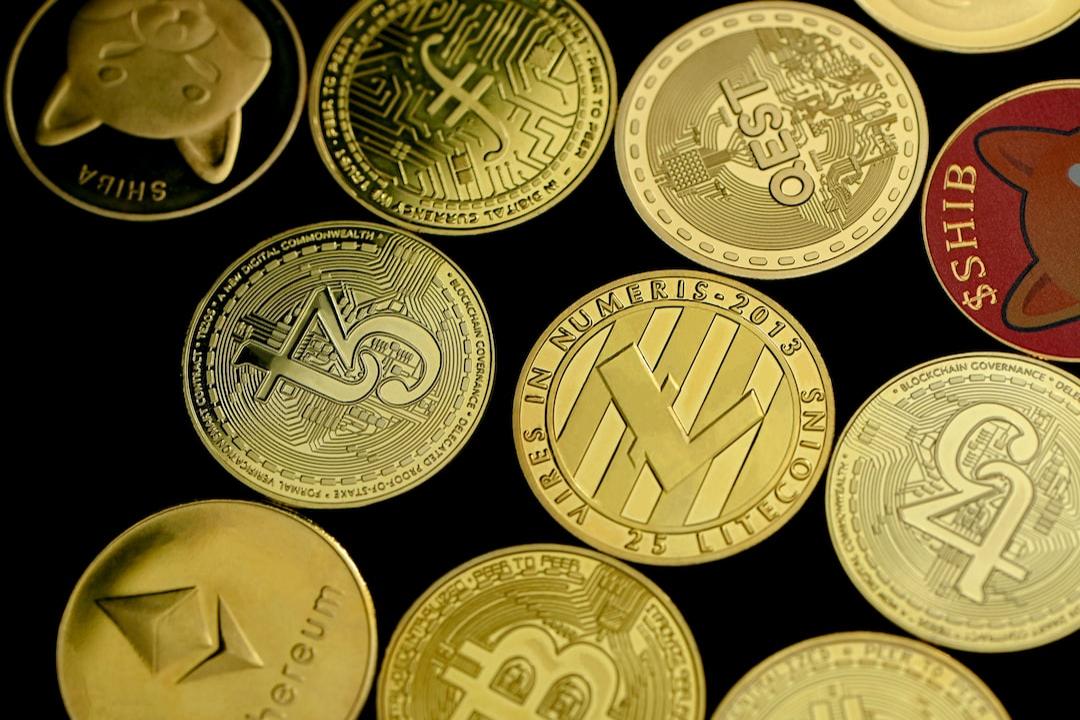DeFi interoperability is the concept of enabling different decentralized finance (DeFi) applications and protocols, operating on separate blockchains, to communicate and interact seamlessly. Currently, many blockchains function as isolated ecosystems, impeding the overall growth and usability of DeFi.
Picture a world map where each continent represents a distinct blockchain. DeFi applications on one continent cannot interact with those on another, creating limitations such as restricted user experience, limited liquidity, and hindered innovation. DeFi interoperability seeks to bridge these gaps by facilitating cross-chain asset transfer, interoperable dApps, and a unified DeFi ecosystem.
An analogy to understand DeFi interoperability is envisioning bridges between isolated islands. These bridges enable greater accessibility to a wider range of DeFi services, deeper liquidity pools, and innovation in the creation of more powerful financial tools.
In the realm of DeFi, decentralized finance is a revolutionary financial ecosystem built on blockchain technology, aiming to decentralize and democratize traditional financial services. It encompasses various financial applications like lending, borrowing, trading, and asset management, executed in a trustless and automated manner through smart contracts.
Key factors underline the importance of DeFi interoperability, such as breaking down silos, boosting efficiency and liquidity, unlocking innovation, and driving mass adoption. However, challenges like security vulnerabilities, regulatory uncertainties, and smart contract risks necessitate ongoing development and refinement in the DeFi space.
Interoperability platforms like Cosmos, Polkadot, Wanchain, and THORChain play a crucial role in connecting the fragmented DeFi ecosystems, enhancing user experience, increasing liquidity, and unlocking innovation in the decentralized financial landscape. These platforms offer benefits like enhanced user experience, increased liquidity, and unlocking innovation.
The future of DeFi interoperability holds promises of multi-chain strategies, a more open financial system, and a flourishing DeFi marketplace. As interoperability platforms evolve, they will enable seamless collaboration and functionality across diverse decentralized financial platforms, enhancing liquidity, facilitating cross-platform asset swapping, and creating more integrated financial products.
When DeFi interoperability becomes mainstream, it will usher in a new era of enhanced liquidity across platforms, cross-platform asset swapping, integrated financial products, collaborative yield farming, cross-platform staking, and more. Ultimately, the mainstream adoption of DeFi interoperability promises a future where finance is more efficient, inclusive, and user-centric, empowering individuals and fostering a more democratic financial system.

